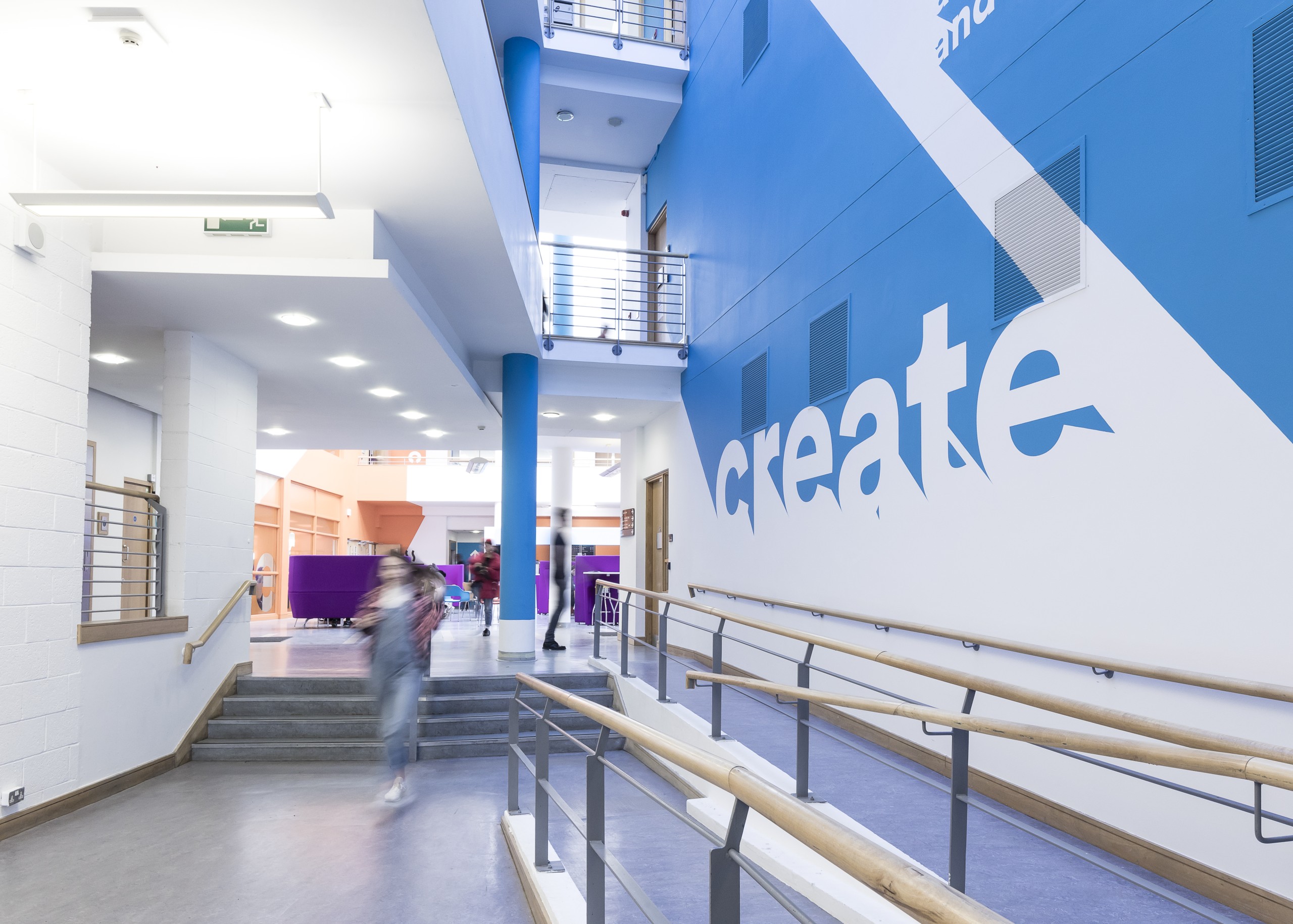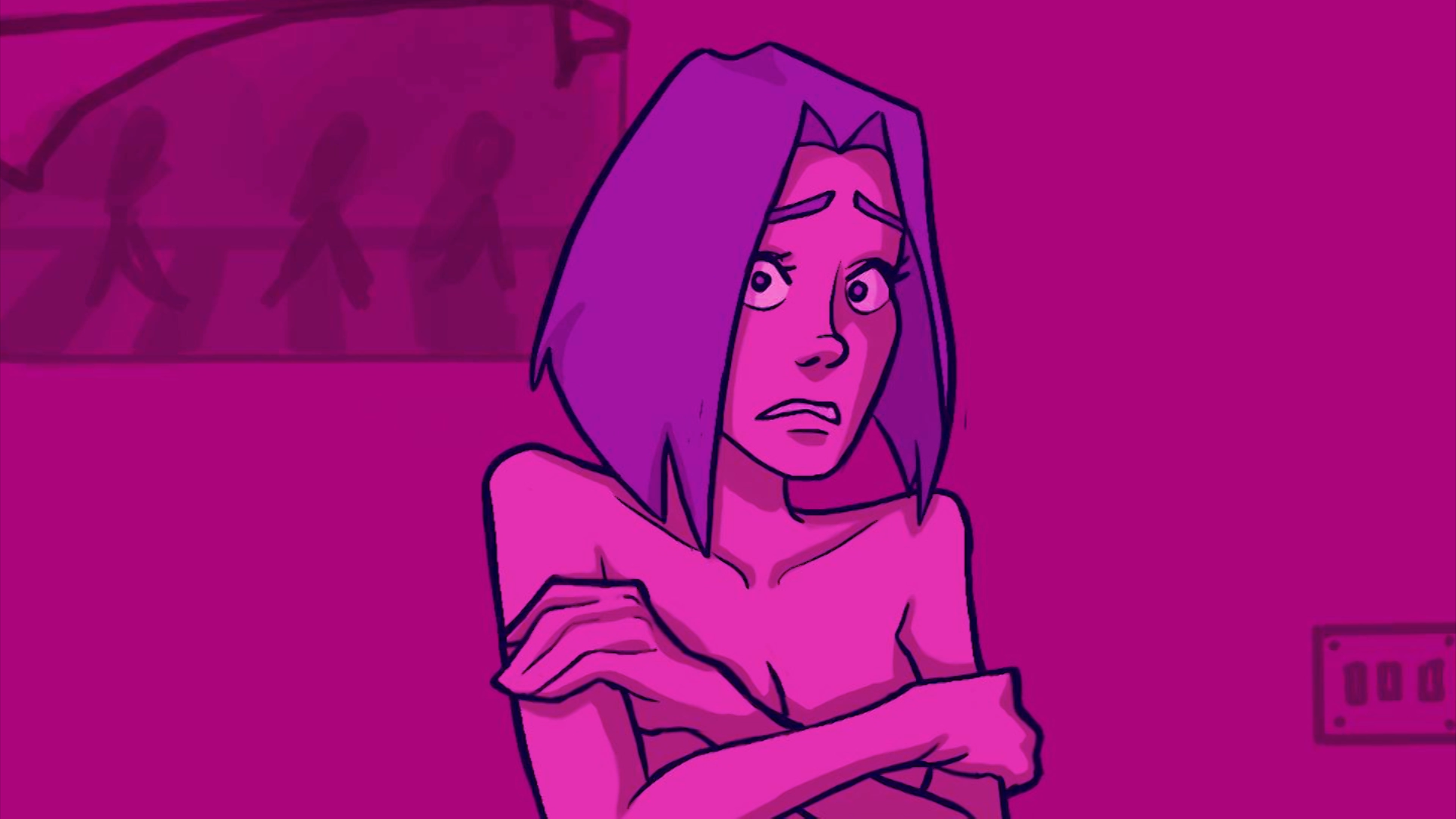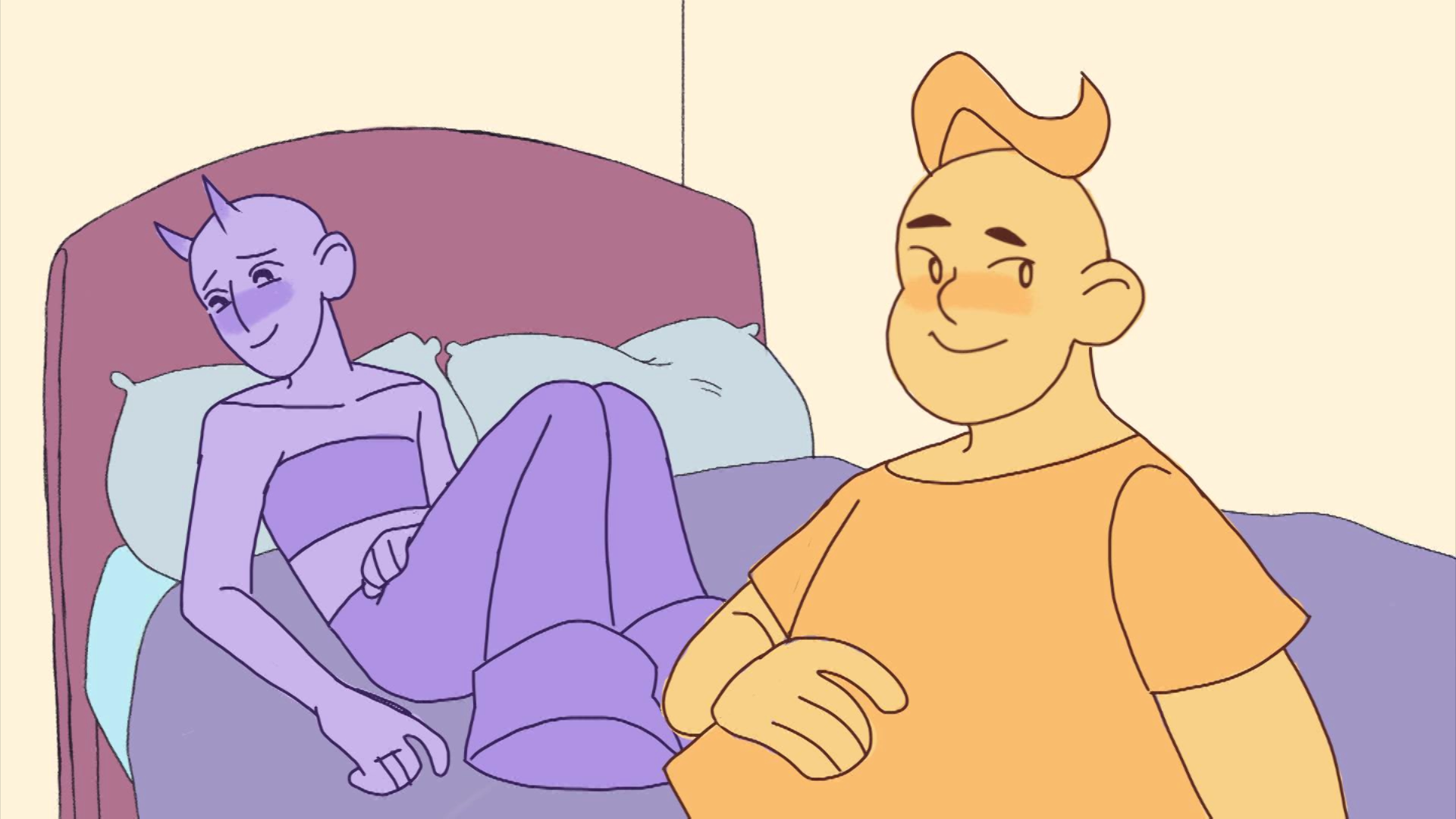
Find information on how to make a Protected Disclosure under the external procedures in place in the HEA.
Getting to Zero: How “Moving Parts”, a Research & Creative collaboration, moved the dial towards zero-tolerance of gender-based hostility and sexual violence.

Who we are
Dún Laoghaire Institute of Art, Design and Technology (IADT) is the only institute of art, design, and technology in Ireland that focuses specifically on the creative, cultural, and technological industries. Our mission is to develop excellent graduates who are highly valued, who live and work as true global citizens, actively contributing to the development of their industries and wider society.

What we did
We coordinated the national animation campaign ‘Moving Parts’, a suite of 15 animations exploring sexual consent, sexual violence and harassment, and bystander intervention. The initiative, which commenced in October 2020, is an inter-institutional collaboration between students and staff at Dún Laoghaire Institute of Art, Design and Technology (IADT), Bystander Intervention at University College Cork (UCC), and Active* Consent at the National University of Ireland, Galway (NUIG).
The campaign aims to bring about cultural change across and beyond third-level institutions, support survivors, and reduce violent acts. The project was integrated into the curriculum of third year IADT animation students as part of their applied professional practice learning. Working directly with partner teams, they designed the visual responses in consultation with external stakeholders, including student survivors, and they created the animations guided by the inputs of experts, in this case, staff from UCC and NUIG.
The project team took a best practice trauma-informed and prosocial approach. The animations were created by undergraduate IADT students, and the two Bystander scripts were based on the testimonies of student survivors of sexual violence in UCC. The animations were produced in English and Irish (with subtitles). The Irish-language animations were translated by UCC students and are especially ground-breaking, as they represent the first time that interactive resources exploring sexual consent and sexual violence and harassment have been made publicly available in the Irish language.
‘Moving Parts’ builds on a long-established record of social and civic engagement by Animation students at IADT; for many years, our students have harnessed their creative and technological skills and expertise to tackle real word problems in collaboration with external partners.

Impact achieved
The ‘Moving Parts’ project has enabled unique inter-institutional collaborations bridging the experiences and expertise of individual HEIs, each with demonstrable leadership in the area of sexual consent and sexual violence and harassment, across the IoT and University sectors. Notably, the project represents the first time the UCC Bystander Intervention Programme and NUIG Active* Consent Programme have collaborated together in a structured, coordinated way and brought their learnings ‘on the ground’ to an external audience.
The 15 animations in English and Irish have been disseminated by IADT, UCC, NUIG, ATU, UCD, TU Dublin, and RCSI, which combined represent circa 124,576 students, or one-half of the total undergraduate student population and 57% of the postgraduate population across the Irish higher education system (based on HEA enrolment data for 2020/21). Further, all third-level students and staff in Ireland have access to the national Consent Hub, based in NUIG, where the videos are also housed.
The majority of HEIs were represented at the ‘Moving Parts’ formal online launch in March 2022 and, importantly, most third-level attendees were staff in EDI or student service units who locally lead and/or support the Consent Framework.
Ahead of the academic year 2022/23, the IADT EDI Office has written to all EDI leads in Irish HEIs to remind them about, and actively encourage the use of, these resources.

What we learned
By utilising animation as the chosen form for this national campaign, this artistic intervention lends to an ethical, trauma-informed, and prosocial visual representation that neither trivialises, nor sensationalises the subject concerns of sexual consent and sexual violence and harassment. Instead, it reinforces messaging around consent awareness, counters negative normative beliefs about sexual violence and harassment, and invites collective action. Subject to future funding and resources, a detailed evaluation of the programme will be carried out, to assess how it has been received by the targeted cohort.
Identified areas for development:
– Animated shorts mean that depth is limited; yet, this is also a strength as it fosters engagement
– Limited intersectionality in respect of all forms of violence
– Need for greater diversity to challenge the stereotypical ‘one size fits all’ traditional student model
– The animations are not currently available in Irish Sign Language for Deaf and Hard of Hearing viewers
– Potential to ‘scale up’ with other languages, wider dissemination, and new content
Key strengths of the campaign:
– The collaborative and inclusive process, encompassing an IoT and University sectors, informed by experts and students
– The initiative’s survivor-led and trauma-informed development
– The culturally agnostic and universal design of the animations
– Research shows that animation is less triggering than other forms of visual representation
– Animations are credible, authentic and accessible, effectively and meaningfully communicating complex and sensitive topics. They are engaging due to their brevity of duration and clearly distilled messages, and serve as conversation starters
– Animations can be easily integrated into any training/curriculum and have been made freely available to all HEIs and relevant groups
– The potential to develop a schools programme to educate second-level students about sexual consent, sexual violence and harassment, and bystander intervention through the medium of visual story-telling